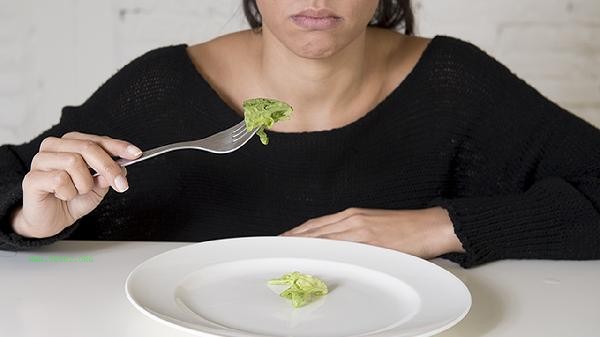During dieting and weight loss, it is important to focus on supplementing protein, vitamins, minerals, dietary fiber, and healthy fats. The main nutrients include high-quality protein such as eggs and soy products, complex B vitamins, trace elements such as calcium, iron, and zinc, whole grain dietary fiber, and unsaturated fatty acids in nuts.

1. Protein:
Daily intake of 60-80 grams of high-quality protein can prevent muscle loss. Foods such as chicken breast, fish, whey protein, etc. have high biological value and controllable calories. Insufficient protein can lead to a decrease in basal metabolic rate, which in turn affects fat loss efficiency. Vegetarians can choose soy protein isolate or quinoa as alternative sources.
2. Vitamin B family:
Vitamins B1, B2, and B6 are involved in glucose and lipid metabolism, and are abundant in whole wheat bread, lean meat, and dark green vegetables. Dieting can easily cause B deficiency, leading to fatigue and angular inflammation. Compound vitamin supplements can prevent such problems. It should be noted that vitamin B12 is mainly present in animal based foods.
3. Minerals:

Elements such as calcium, magnesium, and zinc are crucial for maintaining metabolism, and a daily intake of 800mg of calcium should be ensured. Dairy products, sesame paste, and shrimp skin have high calcium content and require supplementation with vitamin D to promote absorption. Insufficient iron can easily lead to anemia, and animal liver and blood tofu are highly effective iron supplements.
4. Dietary fiber:
Daily intake of 25-30 grams of dietary fiber can enhance satiety, with oats, chia seeds, and mushrooms having a particularly high content of soluble fiber. Adequate fiber intake can stabilize blood sugar fluctuations and improve constipation during dieting. Suggest pairing 200 grams or more of green leafy vegetables with each meal.
5. Healthy fats:
Moderate intake of Omega-3 fatty acids helps with fat metabolism, and salmon, flaxseed oil, and walnuts are all high-quality sources. Completely eliminating fat can affect the absorption of fat soluble vitamins. 15-20 grams of nuts per day can meet the demand for essential fatty acids.

During calorie control, it is recommended to adopt serving of individual dishes to distribute nutrition to 5-6 times a day. Drinking diluted salt water on an empty stomach in the morning can supplement electrolytes, and supplementing branched chain amino acids in a timely manner after exercise. Perform weekly body composition testing, and adjust diet plan when there are signs of hair loss, menstrual disorders, etc. Long term low calorie diets should regularly check liver and kidney function, and if necessary, use dietary supplements under the guidance of a nutritionist.




Comments (0)
Leave a Comment
No comments yet
Be the first to share your thoughts!